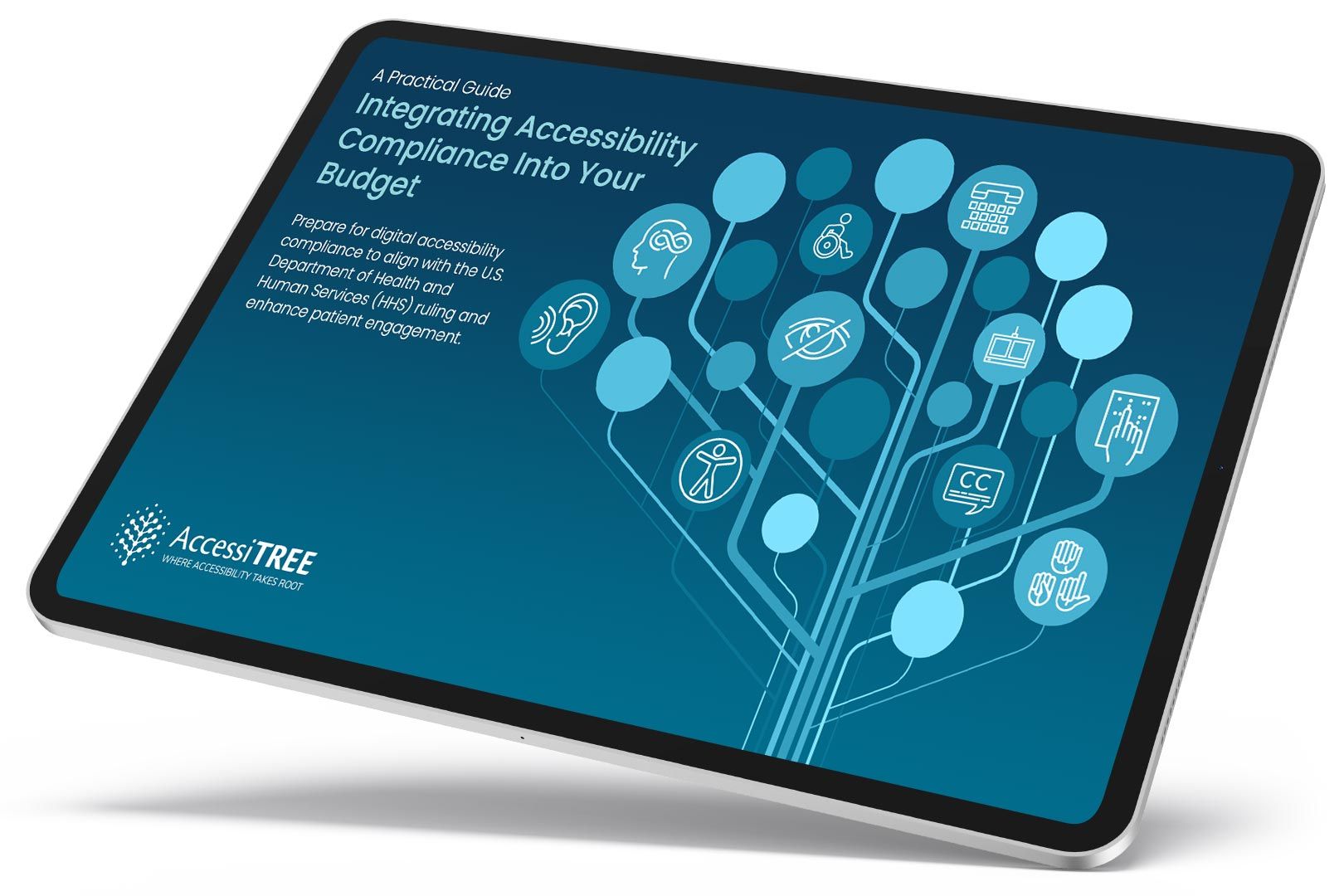Avoid Requiring Cognitive Function Tests for Authentication
Authentication processes must not rely on a cognitive function test. (Note: This proposed AAA guideline removes the exceptions/alternatives allowed at Level AA in 2.2.7/2.2.8).
Why It Matters
This proposed highest level aims to eliminate cognitive function tests (like password recall, transcription, puzzle-solving) from authentication entirely, providing the most accessible login experience for users with cognitive disabilities.
Fixing the Issue
Implement authentication methods that do not require users to remember, transcribe, or solve problems. Rely solely on methods like:
- Third-party login providers (OAuth).
- WebAuthn / FIDO2 (biometrics, security keys).
- Email link authentication (“magic links”).
- Potentially other emerging passwordless methods. Avoid traditional password fields and CAPTCHAs altogether if aiming for this level.
Good Code Example
Login relying only on passwordless methods:
-
<h2>Login / Register</h2> <button onclick="loginWithGoogle()">Login with Google</button> <button onclick="loginWithSecurityKey()">Use Security Key</button> <hr> <label for="email-magic">Or get a login link sent to your email:</label> <input type="email" id="email-magic" name="email" autocomplete="email"> <button onclick="sendMagicLink()">Send Link</button> <script> function loginWithGoogle() { /* OAuth flow */ } function loginWithSecurityKey() { /* WebAuthn flow */ } function sendMagicLink() { /* Send email link */ } </script> -
Login / Register
Bad Code Example
Any login form requiring a password or CAPTCHA:
Search Ultimate Guide

Free eBook
Integrating Accessibility Compliance Into Your Budget
A practical guide for healthcare leaders navigating WCAG compliance.
Need help with digital accessibility?
Our team is here to guide you through the process of meeting accessibility standards. Contact us today to get started.